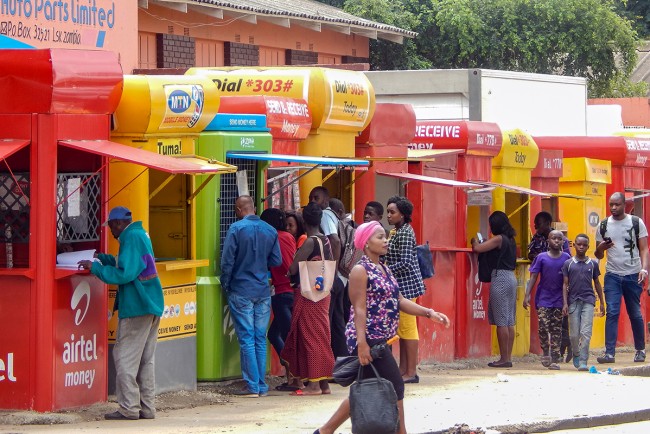
The growth of digital finance in the COMESA region has deepened financial inclusion of millions of people, households and firms thus cushioning them against the negative effects of the COVID-19 pandemic.
According to a report prepared by Senior Economist at the COMESA Monetary Institute, Dr Lucas Njoroge, digital finance, driven by mobile money and agent banking, has proven critical during the pandemic in reaching the poor in different social economic conditions.
These has enabled millions of previously unbanked individuals, households and small and medium scale enterprises, offering affordable, instant, reliable services on payments, savings, credit, and insurance services, among other services,” he noted.
In his paper titled ‘Financial Inclusion and COVID-19 in the COMESA Region’ Dr Njoroge noted that individuals and firms have been empowered to maximize their potential by increasing access to adequate financial services, thereby allowing them to make optimal decisions to enhance lives and livelihoods in the midst of disruption.
According to the World Bank, financial inclusion is the access to and use of formal financial services and an important factor for economic development since it enhances equitable access to finance and consequently economic opportunities.
Based on the most recent data from the World Bank (2018), COMESA region has experienced a faster pace of financial inclusion, surpassing Sub-Saharan Africa average. The number of financially included in COMESA has more than doubled in the last decade, from 23% in 2011 to 32% in 2014 and further to 48% in 2017.
Some of the measures that have enhanced financial inclusion during the COVID-19 pandemic in the COMESA States includes the introduction of cash transfers to the poor through mobile money cash transfers, encouraging cashless payment and scrapping transaction fees between banks and Telcos for values of less than or equal to $10 dollars.
Dr Njoroge noted that these measures have ensured the survival of the affected financial inclusion stakeholders.
The use of online banking, prepaid cards and mobile wallets have offered benefits of convenience, speed, security and affordable pricing that did not exist with traditional banking….at the same time allowing social distancing which is very important for containing the spread of COVID-19,” states Dr Njoroge.
On the flip side, he noted there is still much to be done on deepening financial inclusion. Among these are low levels of financial literacy that exist in most COMESA countries and tradition.
“There is also a huge challenge to convince customers to change from their traditional ways of accessing and using financial services,” Dr Njoroge says. “Perceptions of risk, lack of consumer protection or technology failure have tended to reinforce mistrust which can only be addressed through financial education and awareness.”
Among policy recommendations in the paper is to encourage digital financial services is through public awareness and financial literacy among end-users and to demystify adopting digital financial technology. This is in addition to reducing tariffs on digital services to increase the number of users and addressing concerns of trust, regulation, financial capabilities, compliance and interoperability.

